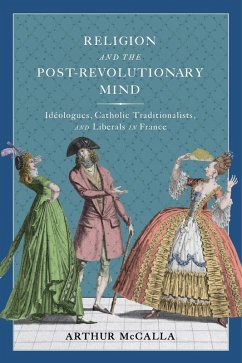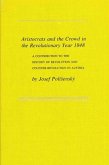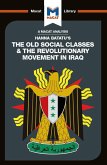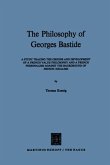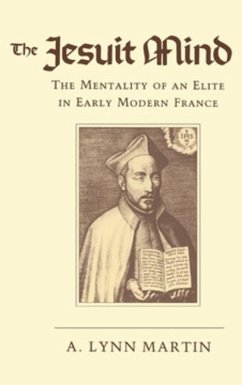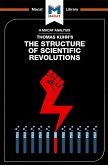The French Revolution swept away the Old Regime along with many of its ideas about epistemology, history, society, and politics. In the intellectual ferment that followed, debates about religion figured prominently as diverse thinkers grappled with the philosophical and civil status of religion in a post-revolutionary age. Arthur McCalla demonstrates the central place of religion in the intellectual life of post-revolutionary France in Religion and the Post-revolutionary Mind. Certain questions - What is the nature of religion? Does society rest on religious foundations? What ought to be the place of religion in society? - drew sustained attention from across the political spectrum. Ideologues viewed religion as error and sought to eradicate it through the promotion of secular values. Catholic Traditionalists understood religion as a body of revealed truths of supernatural origin that ought to be authoritative in all aspects of life. Liberals sought to replace Christian orthodoxy with a new public faith consonant with liberal values. But these blocs were not monolithic, and McCalla reveals the complexities of each one, as well as the dialogues and rivalries among them. The categories established by the concepts of religion these thinkers constructed continue to shape debates over liberationist critiques, liberal pluralism, laicite, and political theology. The place of religion in civil society is again a matter of urgent debate. Religion and the Post-revolutionary Mind provides essential historical context for thinking about the status of religion in the contemporary world.
Dieser Download kann aus rechtlichen Gründen nur mit Rechnungsadresse in A, B, BG, CY, CZ, D, DK, EW, E, FIN, F, GR, HR, H, IRL, I, LT, L, LR, M, NL, PL, P, R, S, SLO, SK ausgeliefert werden.

